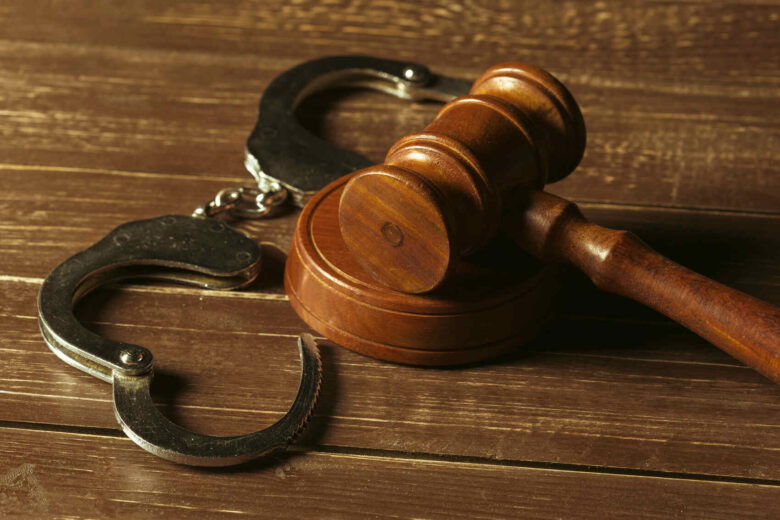Aggravated Assault Lawyer Toronto | Aggravated Assault and the Justice System : Steps from Arrest to Trial
In Toronto, as in the rest of Canada, aggravated assault is considered a serious criminal offence. Defined under Section 268 of the Criminal Code of Canada, aggravated assault involves wounding, maiming, disfiguring, or endangering the life of the complainant. The criminal justice process for such a charge is rigorous and complex, spanning from arrest to potential sentencing.
If you’re facing charges of aggravated assault, choosing the right legal representation is crucial. At Erickson Law, Aggravated Assault Lawyer Toronto, John Erickson provides experienced, dedicated defence services tailored to the unique circumstances of your case. With nearly two decades of success in the courtroom, John Erickson understands the complexities of aggravated assault cases and offers strategic, effective defence strategies to protect your rights and achieve the best possible outcome.
To begin the process, an arrest may be initiated by police if they believe an individual has or intends to commit an aggravated assault. Upon being detained by law enforcement officials, individuals are typically informed of their right to an attorney and reason for arrest, along with instructions regarding exercising their right to remain silent, as anything said can later be used against them in court proceedings.
After being arrested, an accused is taken to a police station for booking. This process entails recording their personal data as well as allegations, fingerprinting and photographing. Police will also check to see if they have an existing criminal history record against them.
After booking, the officer in charge must decide whether to release or hold an accused for a bail hearing. With regard to aggravated assault offences, an accused will often be held for a bail hearing if there are concerns for their own or public safety or if there is a risk that they might flee the scene of their crimes.
In general, bail hearings should take place within 24 hours or as soon as possible of an arrest. At this hearing, the court decides whether an accused can be released pending trial under what conditions. Depending on the seriousness and potential danger posed by their offences and risks to society, Crown prosecutors may argue against bail. If granted, conditions might include no contact with victims and not possessing weapons.
Prior to trial, the Crown must disclose all relevant evidence and information related to their case in an effort known as disclosure. This may include police notes, witness statements, medical reports and any other data accumulated during the investigation.
Depending on the strength of evidence against them, an accused may consider entering a plea bargain agreement, which involves agreeing to plead guilty in exchange for reduced charges or less severe sentences. Plea bargaining can be particularly useful when conviction seems likely; plea bargaining can result in lesser punishment than otherwise would have been imposed.
In serious cases like aggravated assault, preliminary hearings may be held to establish whether there is enough evidence for trial. This step does not formally adjudicate guilt but rather serves as a formal step that ensures there are no baseless charges filed. If a judge believes there is sufficient proof, the trial will proceed accordingly.
At trial, both sides present evidence and witness testimony to prove their case. In Canada, those accused can choose whether their trial will be heard before just a judge alone or both a judge and jury; either way, this stage of proceedings will ultimately decide an accused’s guilt or innocence based on what evidence has been presented at their hearing.
Once all evidence has been heard and considered by a judge or jury, they will render a verdict on all charges brought forward against an accused. If they are found guilty, sentencing proceedings will ensue; otherwise, they will be released.
Once found guilty, sentencing proceedings will follow immediately. Aggravated assault is an indictable offence and could incur jail time of up to 14 years; sentencing considerations depend upon various factors, including the nature of the assault, the criminal history of the accused person, and mitigating or aggravating circumstances that might impact this outcome.
Navigating Toronto’s complex criminal justice process when charged with an aggravated assault offence can be daunting and complex, necessitating experienced legal representation to protect their rights through each stage. Experienced counsel can offer guidance, advocate on behalf of their client and work toward the best possible outcomes given the circumstances. It’s critical that anyone facing such allegations hire a specialist criminal defence attorney as soon as they’ve been arrested.
When facing serious charges like aggravated assault, you need an advocate who knows both the law and will fight hard on your behalf. John Erickson stands ready as one of Toronto’s foremost Aggravated Assault Lawyers to provide robust defence services and tailored legal counsel necessary to manage these challenging situations. Reach out now to arrange your free consultation session and learn why John Erickson should be your advocate in defence against these serious accusations!



Comments are closed.